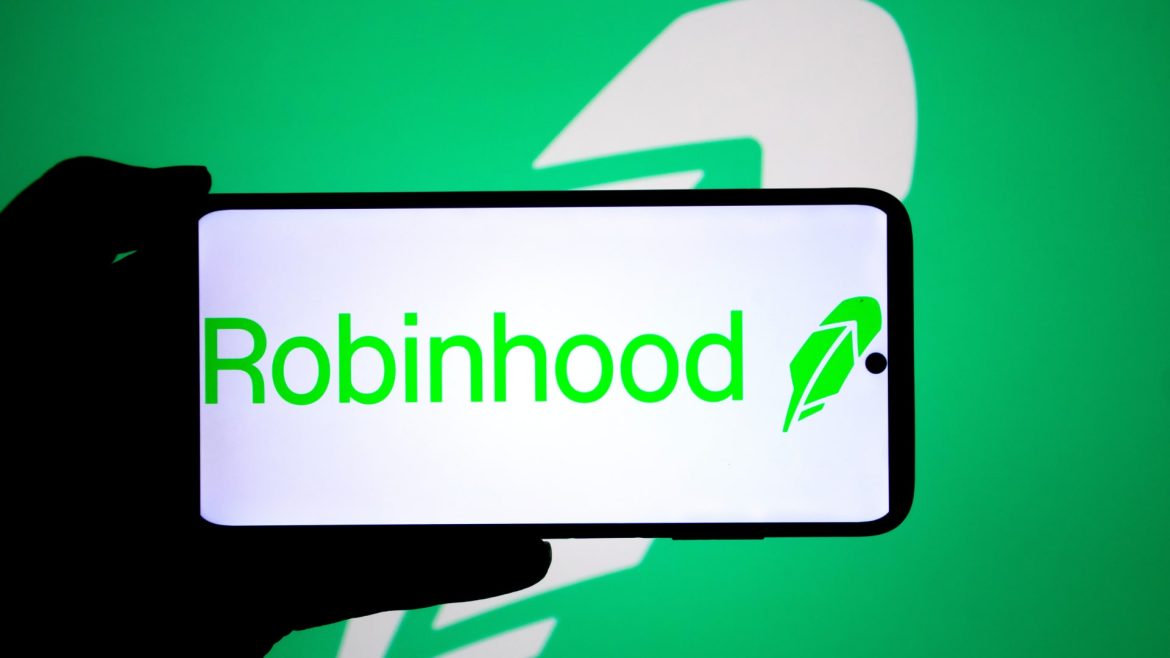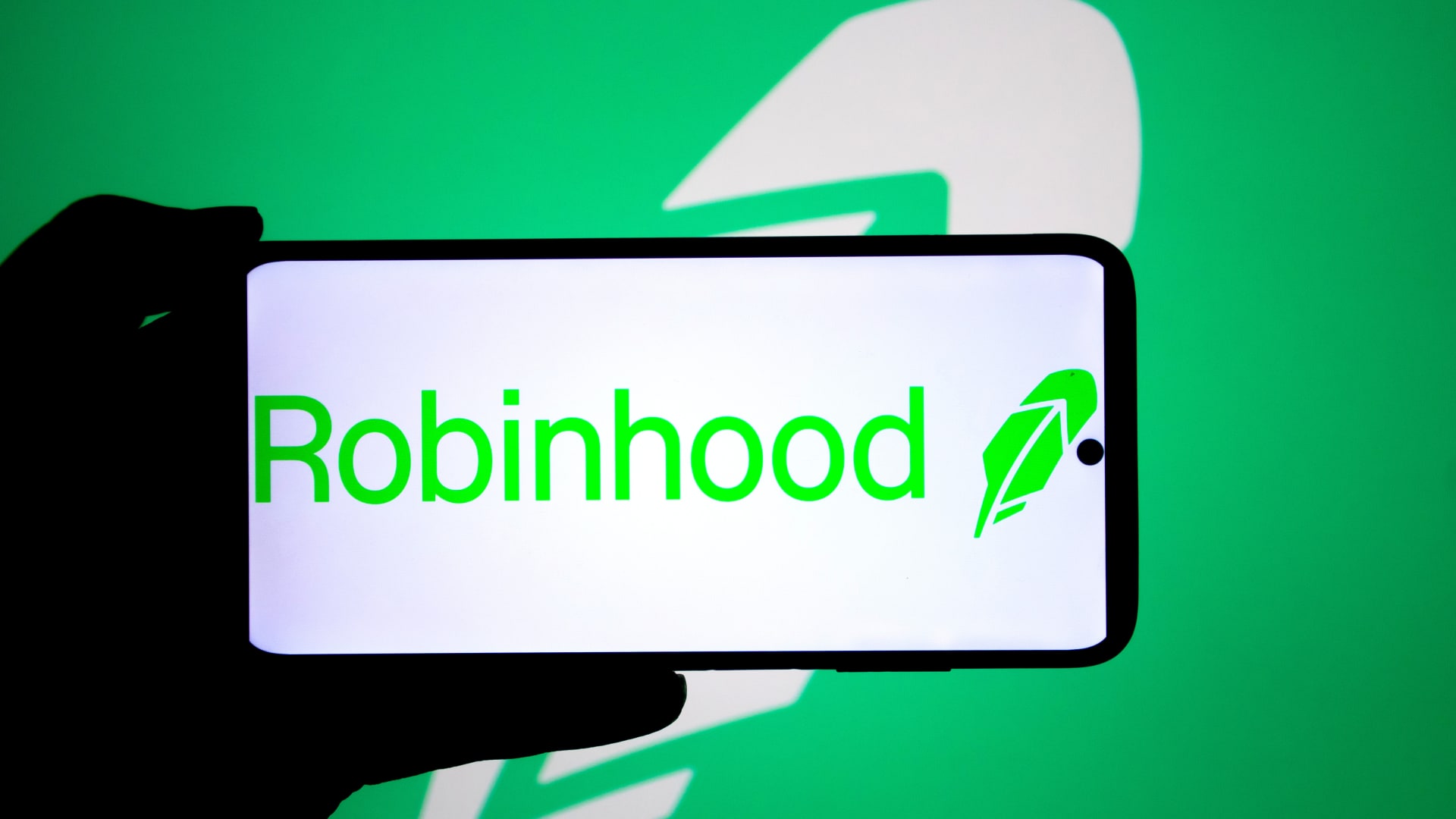Robinhood’s $200 Million Acquisition of Bitstamp: A Strategic Leap in Crypto Expansion
Robinhood Markets’ recent acquisition of Bitstamp for approximately $200 million in cash marks a pivotal move in its journey within the cryptocurrency landscape. This deal, finalized in mid-2024, not only expands Robinhood’s footprint in the crypto market but also represents a deliberate strategic shift toward global expansion and institutional client engagement. By integrating Bitstamp’s established platform and regulatory licenses, Robinhood is positioning itself as a more diversified and internationally competitive player in the fast-evolving digital assets arena.
Entering a New Phase for Robinhood Crypto
Since launching cryptocurrency trading in 2018, Robinhood has primarily served retail investors in the United States with easy access to popular digital assets like Bitcoin and Ethereum. The acquisition of Bitstamp, one of the oldest and most reputable crypto exchanges founded in 2011, dramatically extends Robinhood’s capabilities beyond retail spot trading. Bitstamp’s extensive regulatory infrastructure, including over 50 global crypto licenses, offers Robinhood an immediate foothold across multiple international markets, including Europe and Asia.
This global expansion aligns with Robinhood’s ambition to evolve from a primarily U.S.-centric fintech and trading platform into a broader financial technology ecosystem with a significant global presence. The deal also accelerates Robinhood Crypto’s growth trajectory by adding an estimated 4 to 5 million new crypto customers, many of whom represent institutional clients — a segment Robinhood had limited exposure to until now.
Key Components of the Deal and Strategic Benefits
Access to a Worldwide License Portfolio
Bitstamp’s regulatory approvals span jurisdictions such as Luxembourg, the UK, Slovenia, Singapore, and the U.S., granting Robinhood immediate compliance advantages. This multi-license setup is critical in the crypto world, where adherence to evolving financial regulations is a complex and costly endeavor. With these licenses, Robinhood can expand its product offerings without the typical delays of regulatory approval, facilitating faster entry into new markets.
Institutional Client Base and Expanded Infrastructure
Bitstamp’s client base is not limited to retail investors but includes institutional participants who engage in larger and more complex crypto transactions. This institutional exposure represents a valuable strategic asset for Robinhood, enabling the firm to diversify its revenue streams and reduce dependence on retail-only trading volumes.
Additionally, Bitstamp’s infrastructure supports a variety of crypto-related services such as staking and lending. These capabilities can now be leveraged by Robinhood to develop new revenue-generating products and deepen customer engagement through innovative financial services that go beyond simple trading.
Revenue Growth and User Expansion
Robinhood’s Q1 2024 financial report already indicated a healthy growth trajectory, with a 16% year-over-year increase in monthly active users to 13.7 million and a 40% rise in revenues to $618 million. The Bitstamp deal is expected to amplify these growth trends by adding millions of new users and enabling Robinhood to offer a broader range of digital assets and services.
Moreover, the acquisition positions Robinhood to capitalize on a global trend towards digital assets, which many investors view as an essential part of diversified portfolios. The move also responds to growing competition in the crypto exchange space, ensuring Robinhood remains competitive against other established players with global reach.
Challenges and Considerations
While the acquisition presents significant opportunities, Robinhood must navigate several challenges. Integrating Bitstamp’s operations, technology systems, and cultures requires careful management to preserve service quality and customer trust. Maintaining security, transparency, and reliability during the transition is paramount to uphold the reputation of both brands.
Regulatory scrutiny remains a persistent concern as global financial authorities take an increasingly active role in overseeing crypto exchanges. Robinhood’s expanded international footprint will require robust compliance frameworks to mitigate risks associated with varied and evolving crypto regulations.
A Dynamic Step Toward the Future of Finance
Robinhood’s acquisition of Bitstamp for $200 million signals a decisive step in reshaping its market position from a domestic retail broker with crypto offerings to an influential global crypto platform serving both retail and institutional investors. By inheriting Bitstamp’s licenses and client base, Robinhood accelerates its mission to democratize access to crypto assets on a worldwide scale.
This deal also reflects a growing trend in the fintech industry where established players seek to broaden their cryptocurrency capabilities through acquisitions rather than building from scratch. As digital currencies gain mainstream acceptance, the ability to offer global, compliant, and diversified crypto services will likely be a key determinant of market leadership.
Conclusion: Robinhood’s Bold Crypto Vision Gains Traction
Robinhood’s $200 million acquisition of Bitstamp marks more than just a financial transaction—it represents a strategic recalibration for a company eager to expand its influence in global digital finance. By integrating one of the longest-running crypto exchanges with a robust international license framework and institutional client base, Robinhood has positioned itself to be a more formidable force in cryptocurrency trading and related financial products.
As Robinhood embarks on integrating Bitstamp and deploying its expanded capabilities, the broader crypto market and digital finance ecosystem will be watching closely. This move not only reinforces Robinhood’s commitment to crypto’s future but also underscores how fast the landscape is evolving, with companies continually adapting to new regulatory, technological, and market realities. Ultimately, this development could reshape how millions of investors worldwide engage with crypto assets, bridging the gap between retail accessibility and institutional-grade platforms.





